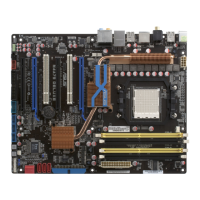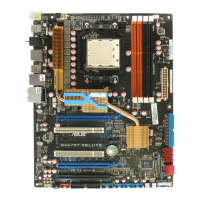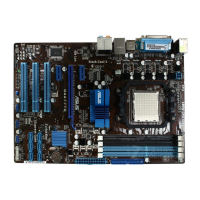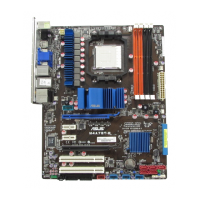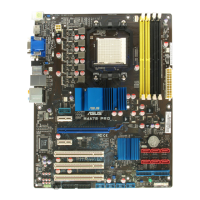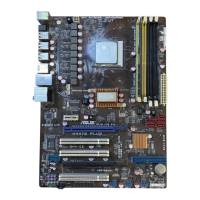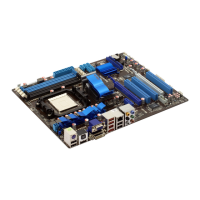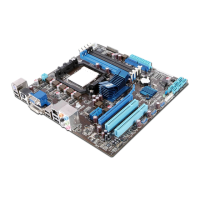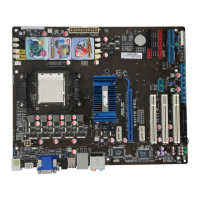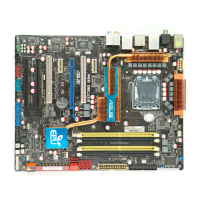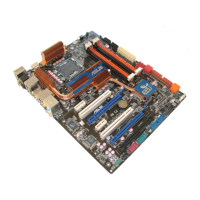4-14 Chapter 4: Software support
Chapter 4
The RAID BIOS setup screens shown in this section are for reference only and may not
exactly match the items on your screen.
The utility supports maximum four hard disk drives for RAID conguration.
The Main Menu allows you to select an operation to perform. The Main Menu options include:
•
View Drive Assignments: shows the status of the hard disk drives.
•
Dene LD: creates a RAID 0, RAID 1, RAID 5 or RAID 10 conguration.
•
Delete LD: deletes a selected RAID volume and partition.
•
Controller Conguration: Shows the system resources conguration.
Press <1>, <2>, <3>, or <4> to enter the option you need; press <ESC> to exit the utility.
Creating a RAID volume
To create a RAID volume
1. In the Main Menu, press <2> to enter the
Dene LD function.
2. Press <Enter>, and the following screen appears.
Option ROM Utility (c) 2008 Advanced Micro Devices, Inc.
[ Dene LD Menu ]
LD No RAID Mode Total Drv
LD 1 RAID 0 0
Strip Block: 64 KB Fast Init: ON
Gigabyte Boundary: ON Cache Mode: WriteThru
[ Drives Assignments ]
Channel:ID Drive Model Capabilities Capacity(GB) Assigment
1:Mas ST3160812AS SATA 3G 160.04 N
2:Mas ST3160812AS SATA 3G 160.04 N
3:Mas ST3160812AS SATA 3G 160.04 N
4:Mas ST3160812AS SATA 3G 160.04 N
[↑] Up [↓] Down [ESC] Exit [Space] Change [Ctrl-Y] Save [PgUp/Dn] Page Change
[ Keys Available ]
3. Use the Up/Down arrow key to highlight the LD1 item and press <Space> to select a
RAID mode you would like to create.
4. Move to the
Assignment item by using the down arrow key and press <Space> to set
Y to the drives you would like to include in the RAID volume.
5. Press <Ctrl> + <Y> to save the setting. The utility prompts the following messages:
Fast Initialization Option has been selected
It will erase the MBR data of the disks.
<Press Ctrl-Y Key if you are sure to erase it>
<Press any other key to ignore this option>
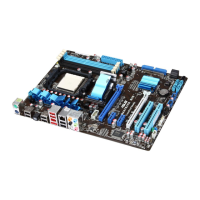
